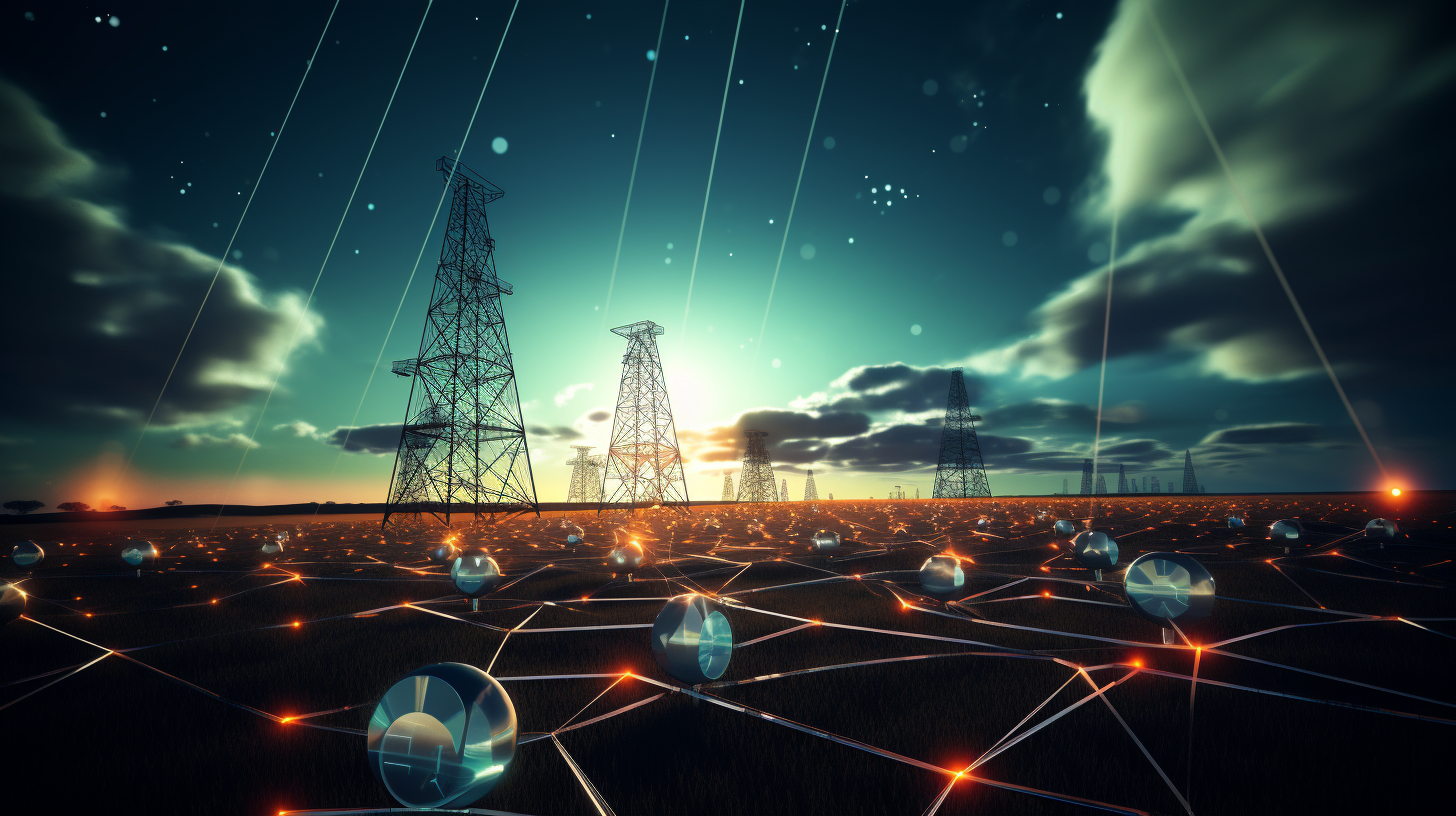The rise of cryptocurrencies has ushered in not just a new era of financial transactions but has also sparked bold questions about the future of other industry sectors. One such sector under the crypto spotlight is energy. With the advent of blockchain technology and its decentralized ethos, the energy industry is now confronting a potential paradigm shift. The concept of Decentralized Autonomous Organizations (DAOs) functioning as energy providers is an intriguing one, blending technological savvy with the democratic spirit inherent in the crypto realm.
The energy industry, traditionally characterized by centralized operations, is no stranger to the idea of decentralization. Still, the emergence of DAOs, with their enhanced democratic governance and potential for transparency and efficiency, could redefine the sector altogether.
Imagine a world where energy production, distribution, and consumption are not controlled by colossal corporations but by communities that operate through consensus algorithms. These Powerhouse DAOs, as they could be termed, would allow individuals to pool resources, invest in clean energy projects, and have a direct stake in the energy they consume. Such an arrangement could dramatically lower barriers to entry, allowing even small investors to participate in the energy market.
These decentralized powerhouses ensure that the benefits of clean energy are not just the purview of the wealthy or corporate giants but are accessible to all. They offer a tantalizing prospect: not only green and sustainable energy but a greener and more equitable economic structure as well.
Case Studies and Speculations
In imagining the potential of Powerhouse DAOs, one might look to the example of current DAOs that facilitate collective ownership and operation of assets. These entities manage resources and initiatives through smart contracts, proving that such a model is viable. Now, extend that capability to encompass energy generation assets like solar farms, wind turbines, or even micro-grids, and the implications become revolutionary.
However, as we journey through this speculative landscape, questions arise. What would happen to traditional energy companies in such a scenario? Could they adapt, or would they face obsolescence? The answer may not be black and white. Traditional companies have the inertia of infrastructure and resources, but DAOs promise agility and a closer alignment with consumer values.
Consider the role of GridTokens and smart grids, as highlighted in previous articles, and envision Powerhouse DAOs leveraging these innovations to establish a more self-sustaining and resilient energy network. In this imagined digital-physical hybrid, consumers become ‘prosumers’ — producers and consumers rolled into one — and the lines between producer and consumer blur in exciting and unpredictable ways.
Integrating with the Established Order
One could argue that full-scale replacement of traditional energy companies is perhaps an overreach, at least in the immediate future. Instead, a more gradual integration is likely. Powerhouse DAOs may begin as supplementary to existing providers, especially in regions where access to energy is still a challenge. Over time, as acceptance and efficiency of these decentralized entities grow, they could gradually occupy larger market shares.
Bold initiatives may come from both ends: DAOs innovating from the ground up, and traditional companies adopting blockchain technologies to evolve alongside these entities. Think of it as a dance of progress, where each step by one partner elicits a corresponding move by the other, leading to a rhythm that benefits the entire society.
The Challenges Ahead
Anticipating a transition to DAO-operated energy systems invites speculation about the regulatory, technical, and financial hurdles that might impede progress. Regulations for energy markets are complex and firmly established; upheaval would require careful navigation of legal frameworks and potentially large-scale legislative changes.
Moreover, technology integration, while advancing rapidly, must be reliable and versatile enough to handle the demands of an energy grid. Scalability is another factor — the system must be able to grow to accommodate increases in demand without compromising performance or security.
Looking Forward
As with any significant transformation, the conversation about DAO-led energy systems is filled with optimism tempered with caution. The appeal lies in the potential for more equitable access, sustainable practices, and widespread democratization of energy. Nevertheless, the tangible realization of these benefits will depend on marrying the innovative spirit of cryptocurrencies with the sturdy reliability that energy consumers expect.
To conclude, while the notion of Powerhouse DAOs supplanting traditional energy companies remains speculative, the crypto community’s relentless pursuit of innovation suggests that such a future is not just fantasy. At the very least, the ripple effects caused by this potential shift will prompt traditional entities to reshape their operations — sparking a global revaluation of what it means to consume energy in the 21st century.
